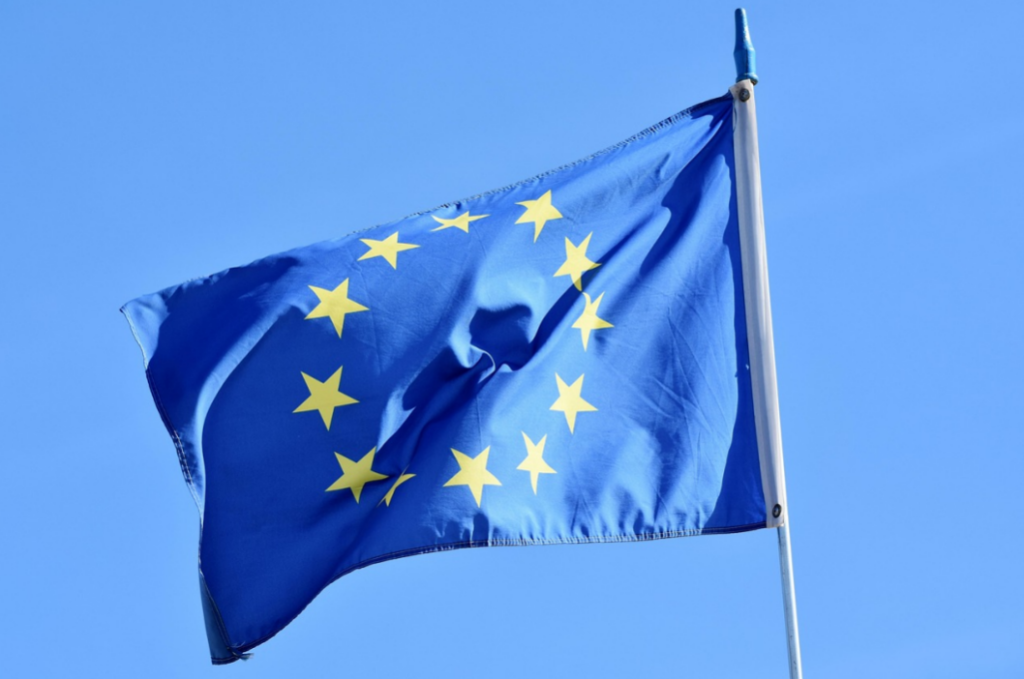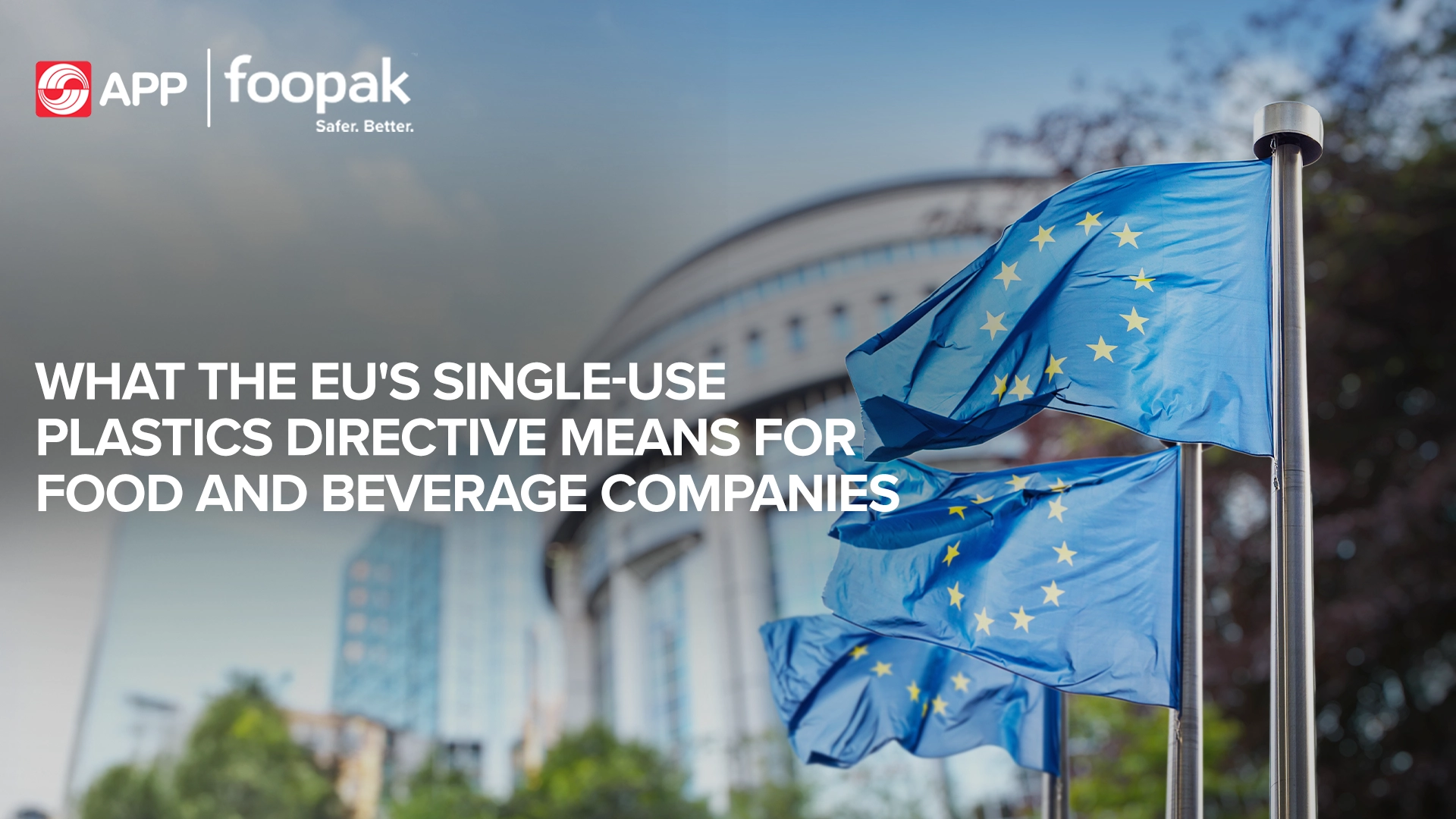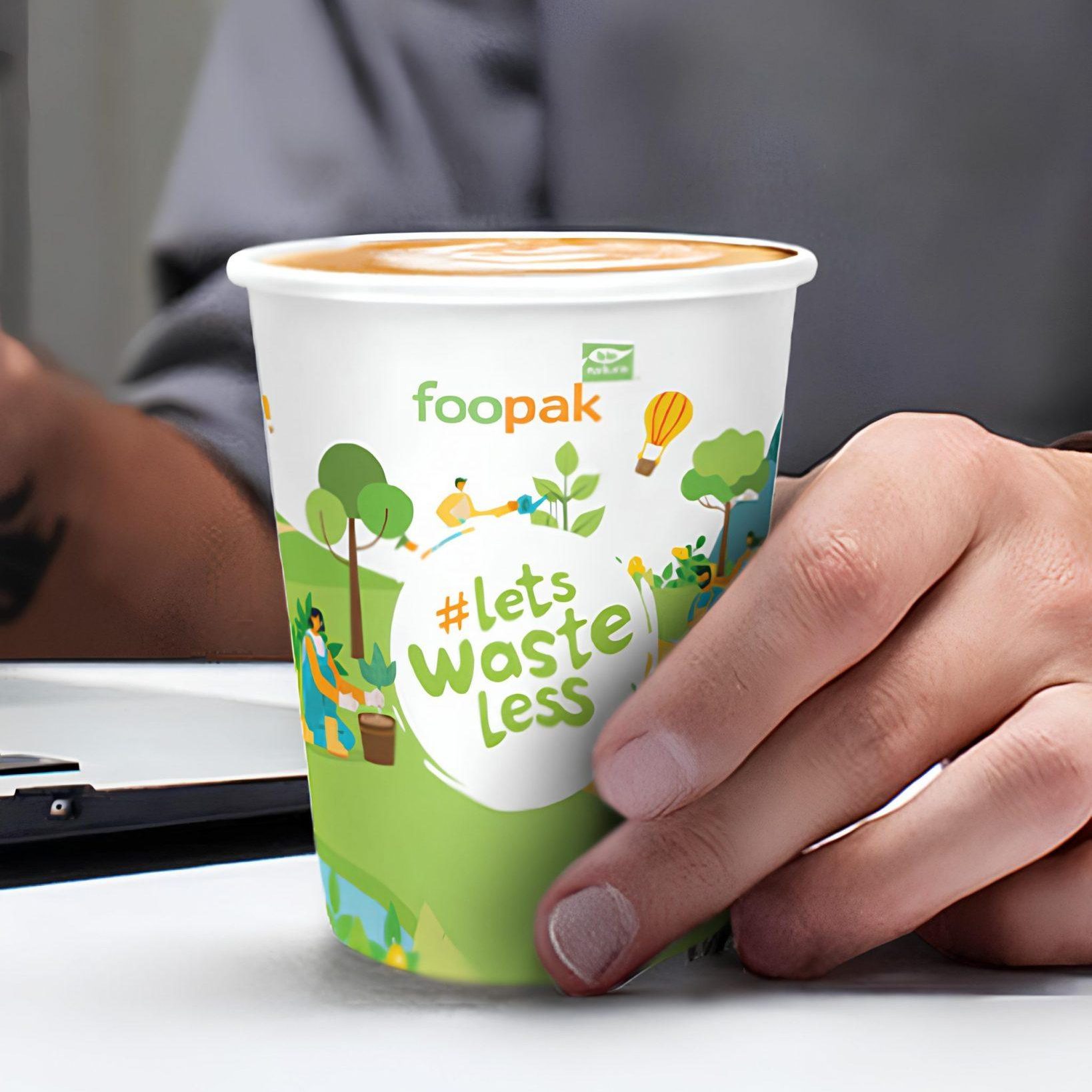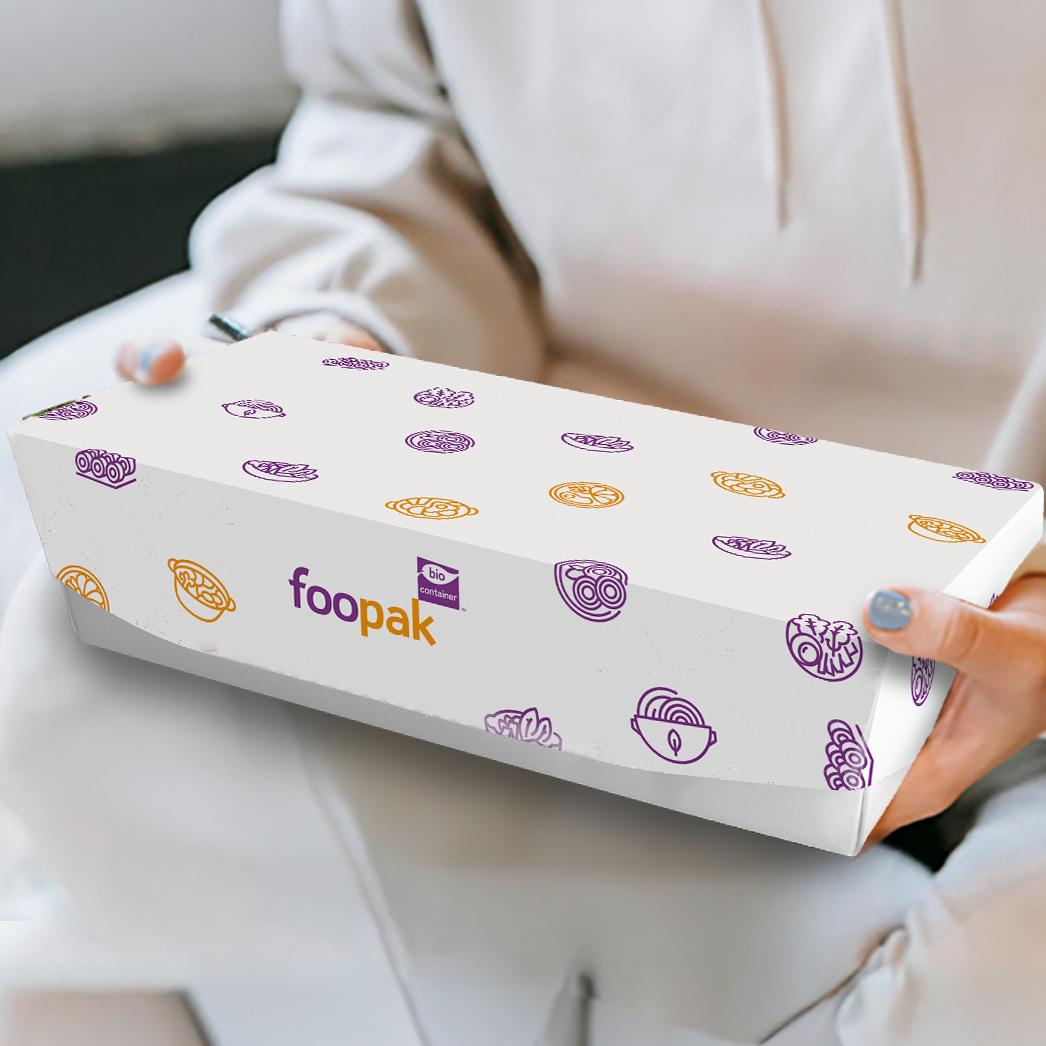As part of the EU’s broader commitment to a circular economy and environmental sustainability, the Single-Use Plastics Directive (SUPD) aims to reduce the environmental impact of disposable plastics and accelerate the transition to reusable or recyclable alternatives.
The directive has direct implications for food and beverage companies, particularly those relying on single-use packaging and service items. Products such as polystyrene containers, plastic cutlery, straws, and stirrers are now banned, requiring businesses to adopt more sustainable materials like paper, wood, or certified compostables.
What is the EU Single-Use Plastic Directive?

The Single-Use Plastics Directive (SUPD) is a key EU policy adopted in 2019. It aims to reduce the environmental harm caused by single-use plastic products, especially those often found on European beaches. The directive supports broader goals under the EU’s Circular Economy Action Plan and the European Green Deal.
Prior to the directive, single-use plastics made up as much as 70% of marine litter, and the average EU citizen used around 200 plastic bags per year. Following its implementation, plastic bag use dropped by over 50% in several member states, with the UK reporting an 80% decline in plastic bags found on beaches. In countries that adopted deposit return systems, plastic bottle collection rates now exceed 90%.
Which Items Are Banned?
The SUPD bans the sale and distribution of plastic products that are among the most polluting, least recyclable, and most easily replaced with sustainable alternatives across EU member states since 3 July 2021.
1. Plastic cutlery: forks, knives, spoons, chopsticks
2. Plastic plates
3. Plastic straws (except for medical use)
4. Plastic beverage stirrers
5. Balloon sticks
6. Food containers made of expanded polystyrene (EPS)
7. Cups and beverage containers made of EPS
8. All oxo-degradable plastic products (which fragment but don’t fully biodegrade)
Which Items are Restricted?
These are still allowed, but subject to reduction targets, design requirements, labeling, or producer responsibility.
1. Consumption Reduction Requirements
Member states must significantly reduce the use of:
- Single-use plastic food containers (e.g. for ready-to-eat meals)
- Cups for beverages, including their lids
Read More: Are Paper Cups Safe for Hot Drinks?
2. Extended Producer Responsibility (EPR)
Producers must pay for collection, cleanup, and awareness for:
- Food containers
- Packets and wrappers (e.g. snacks, sweets)
- Beverage containers and cups
- Lightweight plastic bags
- Wet wipes
- Balloons
- Tobacco products with plastic filters (e.g. cigarette butts)
3. Labeling Requirements

These products must display clear labels indicating:
- Plastic content
- Environmental impact
- How to dispose of them properly
Applies to:
- Sanitary items (pads, tampons)
- Wet wipes
- Tobacco products with filters
- Beverage cups
4. Product Design Requirements
Applies especially to plastic bottles:
- By 2024: Bottle caps and lids must be attached to the bottle
- By 2025: PET bottles must contain at least 25% recycled plastic
- By 2030: That figure must rise to 30% recycled content
Implementation Across EU Countries Vary
While the core bans and targets are EU-wide, the speed, scope, and additional actions differ significantly. Germany was one of the earliest adopters of the SUPD, having aligned its national regulations with the directive by mid-2021. Its long-standing deposit return scheme (Pfand system) continues to lead the region, with an impressive collection rate of 98% for plastic beverage bottles.
Meanwhile, countries like France and the Netherlands enforced the core SUPD bans and have since introduced additional policies to strengthen them. Italy, on the other hand, initially delayed implementation and exempted biodegradable and compostable plastics from certain bans, a move that sparked controversy but was permitted under its national interpretation.
What SUPD Means for Food and Beverage Companies
The EU Single-Use Plastics Directive brings major changes to how food and beverage businesses package, serve, and distribute their products. With bans on items like plastic straws, cutlery, and polystyrene containers, companies must shift to sustainable alternatives.
The directive also introduces new responsibilities, such as waste management costs under Extended Producer Responsibility (EPR) schemes. For businesses, this means rethinking packaging strategies, finding compliant suppliers, and aligning operations with evolving consumer and regulatory expectations.
What SUPD Means for Foopak & Most Importantly Recycling
Foopak is designed to replace banned plastic items such as polystyrene containers and PE-coated food wraps and Foopak products, like Foopak Bio Natura, are made from certified renewable resources and are both recyclable and compostable. However, while the threshold under the SUPD is still under review, Foopak product remains one of the most sustainable alternatives as it is possible to be integrated into the recycling streams easily and therefore a great transition for companies to make. . These products also carry internationally recognized certifications such as PEFC™ for sustainable forestry and ISEGA for compostability and food safety, signaling compliance with strict environmental standards, including EN13432 for industrial compostability and NF T51-800 for home compostability.
By choosing Foopak, food and beverage businesses can transition away from single-use plastics with confidence, begin to transition to fully recyclable and compostable products for better recycling, and reinforce their brand’s commitment to sustainability through packaging that’s verifiably better for the planet. Explore Foopak’s product range and see how your business can lead the shift toward responsible packaging.


